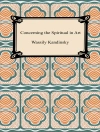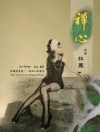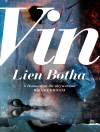This book reviews past practice and theory in critical studies and discusses various trends; some papers keenly advocate a re-conceptualisation of the whole subject area, while others describe aspects of current and past practice which exemplify the ‘symbiotic’ relationship between practical studio work and critical engagement with visual form. Rod Taylor, who has done much to promote and develop critical studies in the UK, provides us with examples of classroom practice and gives us his more recent thoughts on fundamental issues – ‘universal themes’ in art – and gives examples of how both primary and secondary schools might develop their teaching of art through attending to themes such as ‘identity’, ‘myth’ and ‘environments’ to help ‘re-animate the practical curriculum’. Although some of the discussion in this book centres on or arises from the English National curriculum, the issues are more global, and relevant to anyone involved in developing or delivering art curricula in schools. An American perspective is given in papers by George Geahigan and Paul Duncum. Geahigan outlines an approach to teaching about visual form which begins with students’ personal responses and is developed through structured instruction. In Duncum’s vision of ‘visual culture art education’ sites such as theme parks and shopping malls are the focus of students’ critical attention in schools; Nick Stanley gives a lucid account of just such an enterprise, giving practical examples of ways to engage students with this particular form of visual pleasure.
关于作者
Richard Hickman is a reader at the University of Cambridge, Faculty of Education. His previous publications include Research in Art and Design Education and Critical Studies in Art and Design Education.












